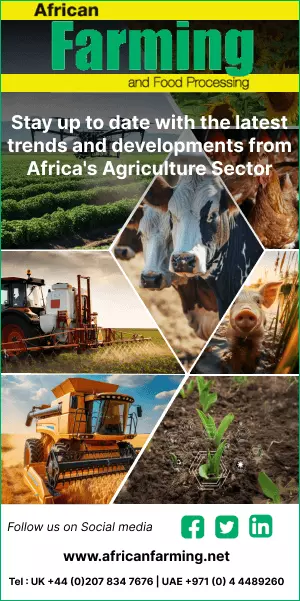Netherlands-based firms WaterWatch and Basfood have formed a new company, eLEAF, to support global solutions for agriculture and the environment with data they collect on vegetation, water, and climate
Agriculture
Abaca: The Philippine fiber
Known worldwide as Manila hemp, the country’s premier fiber has come a long way from its humble beginning as raw material of the ancient Filipinos’ clothes and footwear
Copper’s role in citrus orchard rehabilitation
Copper containing compounds have a unique place in citrus rehabilitation due to their broad spectrum activity and longevity of their deposits
New initiative to foster sustainable intensification of farming
The private sector is committed to play a strong role in transforming agriculture to address urgent global needs, said Sandra Peterson, CEO of Bayer CropScience, recently at the World Economic Forum in Davos, Switzerland
US, China ink pact for cooperation in agriculture
US Agriculture Secretary Tom Vilsack and China’s Minister of Agriculture Han Changfu have signed a Plan of Strategic Cooperation that will guide the two countries’ agricultural relationship for the next five years







